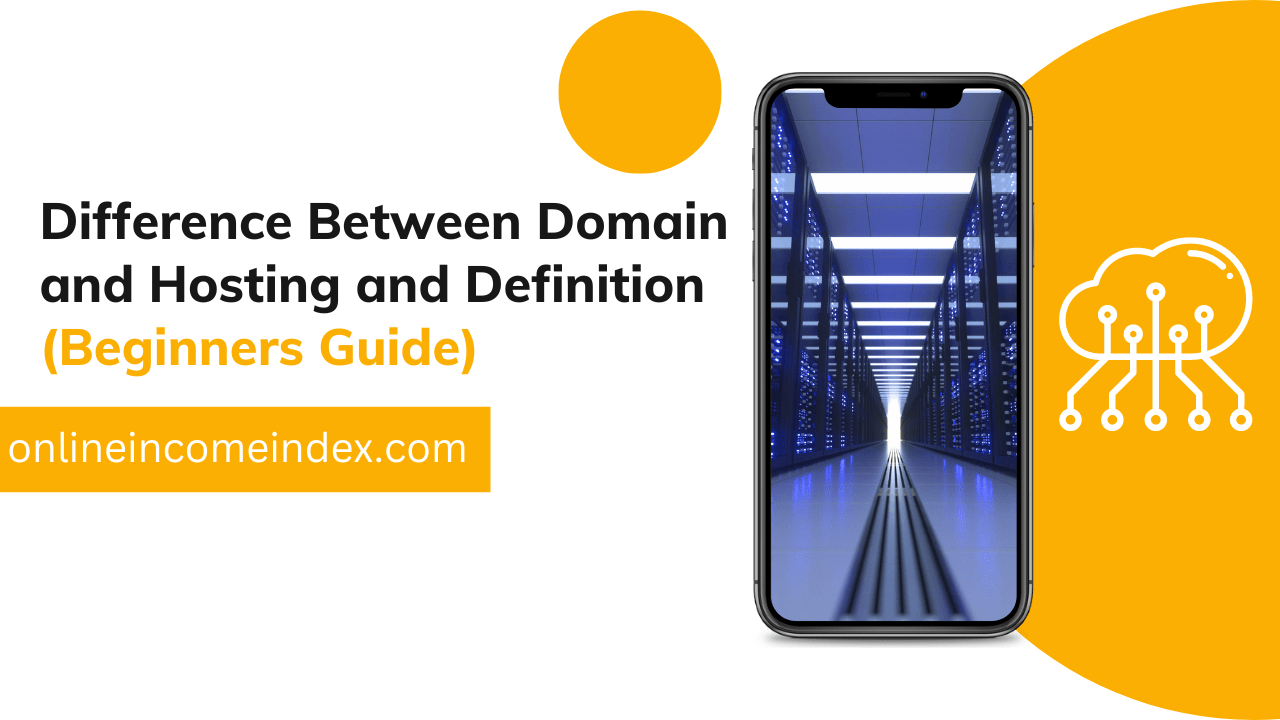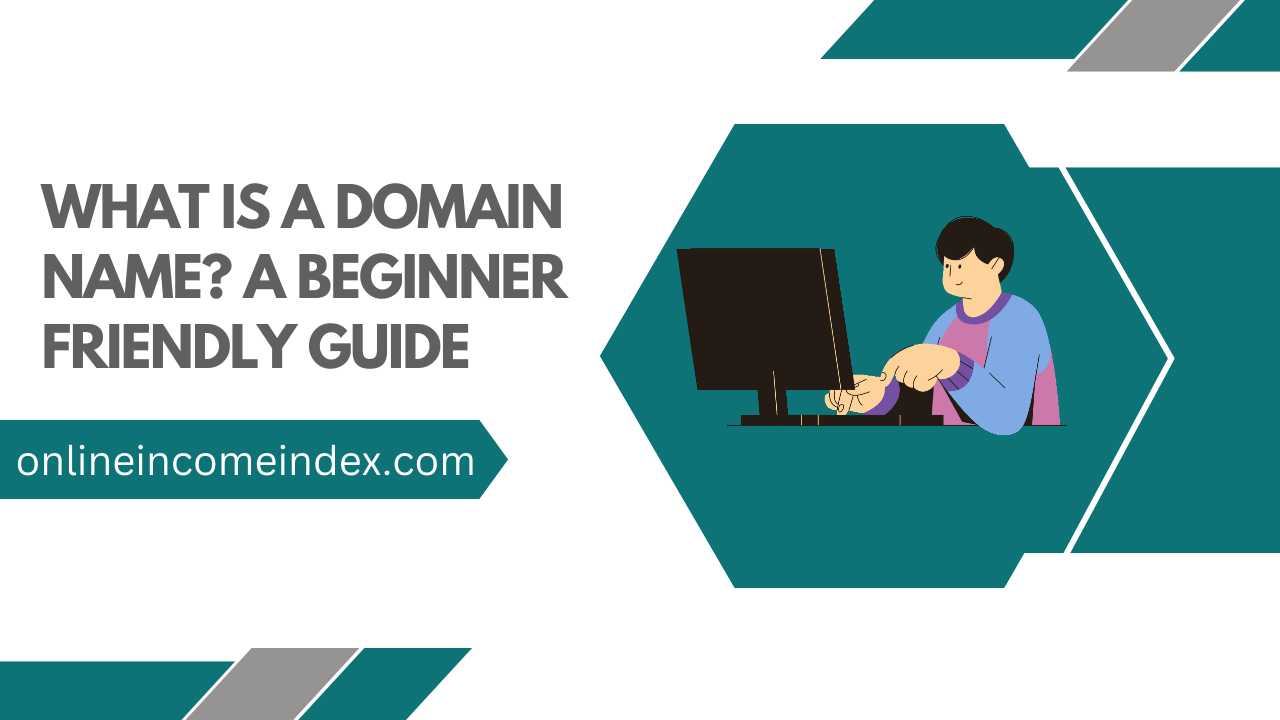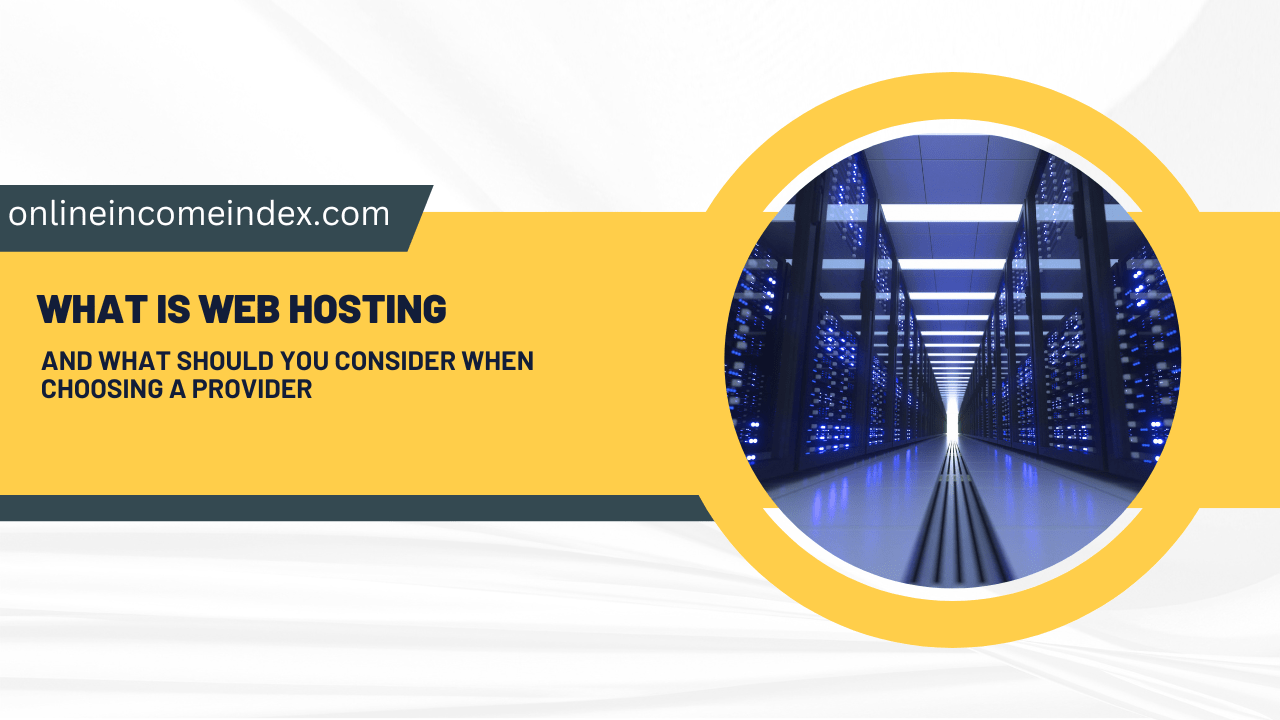When it comes to launching a website, there are a lot of moving parts. And if you’re just
starting out, it can be difficult to wrap your head around all of the technical jargon.
One of the most common terms you’ll come across is “domain vs hosting.” What do these
terms mean? And more importantly, what’s the difference between them? In this blog post,
we will explore the definitions and differences between domains and hosting.
By the end of this article, you should have a better understanding of how these two services
work together to power your website.
Domain vs Hosting: Differences and Definition

Domain names are used to identify one or more IP addresses. A domain name may
represent entire collections of resources, such as computers, networks, and services.
Domain names are used in URLs to identify particular Web pages. For example, in the URL
http:/Avww.example.com/, the domain name is example.com.
Hosting services provide space on a server for websites. When you create a website, you
need somewhere to store all of your website’s files and data. This is where hosting comes in
most hosting providers will give you some space on their servers to store your website. In
addition to storage space, hosting providers also give you access to certain tools and
features that can make it easier to create and manage your website.
Domain Names
A domain name is the address of your website. It’s how people find you online. The host is
the server that stores your website’s files. Your domain name points to your host, which
stores your website.
You can think of it like real estate. The domain name is the address of your property and the
hosting is the land that your property sits on. In order to have a website, you need both a
domain name and hosting.
Domain names are important because they’re how people find you online. If you want people
to be able to find your website, you need a good domain name. A good domain name is
short, easy to remember, and relevant to your niche.
Hosting is important because it’s what stores your website’s files. Without hosting, you don’t
have a website. When someone goes to your domain name, they’re actually accessing files
stored on a server somewhere in the world.
You can buy both domain names and host from companies like GoDaddy or Namecheap etc.
Or, you can buy them separately from different companies. It’s up to you!
Web Hosting
Web hosting is a service that stores your website files on a server and makes them
accessible to internet users. You can either host your website on a shared server, which is
cheaper but has certain restrictions or on a dedicated server, which is more expensive but
gives you more control.
The main difference between domain and hosting is that domain is the name of your website
while hosting is the place where your website files are stored. So you need to buy both a
domain name and web hosting in order to have a functioning website.
If you’re just starting out, we recommend going with a shared hosting plan. Once your traffic
starts to pick up, you can always upgrade to a more powerful plan.
If you’re expecting a lot of traffic to your website or if you need more control over your server,
you may want to consider VPS or dedicated hosting. These are more expensive options, but
they give you more resources and flexibility.
Let’s know more about the type of hosting:
Shared Hosting
Shared hosting is one of the most popular hosting options for small businesses and
bloggers. Shared hosting means that your website shares a server with other websites.
This can be a more affordable option than other types of hosting, but it also means that your
website may be affected by the activities of other websites on the same server.
VPS Hosting
VPS hosting is a type of web hosting that uses virtual private servers to provide its users
with a more robust, customizable experience. Unlike shared web hosting, VPS hosting gives
each user their own separate server environment, complete with dedicated resources and
root access. This allows for greater flexibility and control over your website or application.
If you’re looking for more power and control than shared web hosting can provide, but you
don’t want the expense of a dedicated server, VPS hosting may be the right solution for you.
Dedicated Hosting
Dedicated hosting is a type of web hosting in which the client leases an entire server from
the hosting provider. This allows for more control and flexibility than shared hosting, as the
client has full access to the server’s resources. However, it also requires a higher level of
technical expertise, as the client is responsible for maintaining and securing the server.
Cloud Hosting
Cloud hosting is a type of web hosting that uses cloud computing technology to provide its
services. Cloud computing is a type of computing that allows for the provision of resources
on demand, over the internet.
It is a model for enabling ubiquitous, convenient, on-demand access to a shared pool of
configurable computing resources (such as networks, servers, storage, applications, and
services).
With cloud hosting, businesses can take advantage of economies of scale and pay only for
the resources they use. Cloud hosting also offers users flexibility and agility, as they can
scale their resources up or down as needed.
Additionally, cloud hosting can be more reliable than traditional on-premises hosting, as it is
not susceptible to the same types of outages (such as power outages).
Reseller Hosting:
This type of hosting is Perfect for Web Designers & Developers Who Want to Sell Hosting
Services. As a web designer or developer, there are many advantages to reseller hosting.
Conclusion
Domain names and hosting are two vital components of every website. Your domain name is
your website’s address on the internet, while web hosting is the physical space where your
website’s files are stored.


